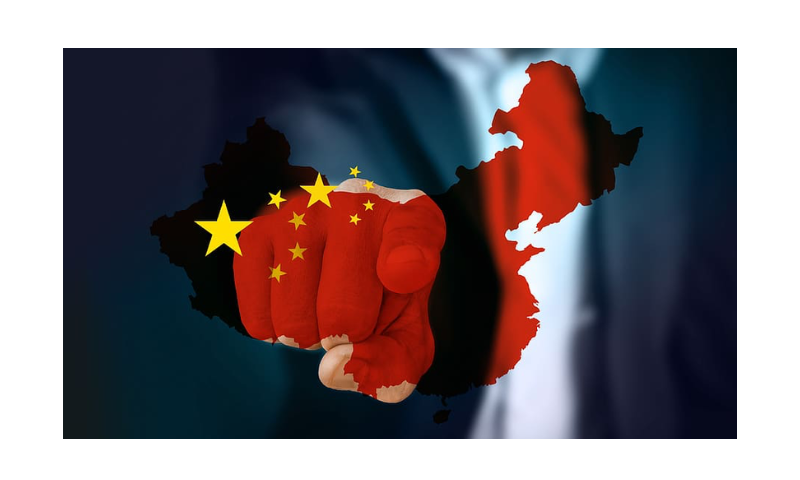Michael Bennon and Francis Fukuyama
Foreign Affairs, Aug. 22, 2023
“The biggest problem by far, however, is debt.”
This year marks the tenth anniversary of Chinese President Xi Jinping’s Belt and Road Initiative, the largest and most ambitious infrastructure development project in human history. China has lent more than $1 trillion to more than 100 countries through the scheme, dwarfing Western spending in the developing world and stoking anxieties about the spread of Beijing’s power and influence. Many analysts have characterized Chinese lending through the BRI as “debt trap diplomacy” designed to give China leverage over other countries and even seize their infrastructure and resources. After Sri Lanka fell behind on payments for its troubled Hambantota port project in 2017, China obtained a 99-year lease on the property as part of a deal to renegotiate the debt. The agreement sparked concerns in Washington and other Western capitals that Beijing’s real aim was to acquire access to strategic facilities throughout the Indian Ocean, the Persian Gulf, and the Americas.
But over the last few years, a different picture of the BRI has emerged. Many Chinese-financed infrastructure projects have failed to earn the returns that analysts expected. And because the governments that negotiated these projects often agreed to backstop the loans, they have found themselves burdened with huge debt overhangs—unable to secure financing for future projects or even to service the debt they have already accrued. This is true not just of Sri Lanka but also of Argentina, Kenya, Malaysia, Montenegro, Pakistan, Tanzania, and many others. The problem for the West was less that China would acquire ports and other strategic properties in developing countries and more that these countries would become dangerously indebted—forced to turn to the International Monetary Fund (IMF) and other Western-backed international financial institutions for help repaying their Chinese loans.
In many parts of the developing world, China has come to be seen as a rapacious and unbending creditor, not so different from the Western multinational corporations and lenders that sought to collect on bad debts in decades past. Far from breaking new ground as a predatory lender, in other words, China seems to be following a path well worn by Western investors. In so doing, however, Beijing risks alienating the very countries it set out to woo with the BRI and squandering its economic influence in the developing world. It also risks exacerbating an already painful debt crisis in emerging markets that could lead to a “lost decade” of the kind many Latin American countries experienced in the 1980s. … [To read the full article, click here]


